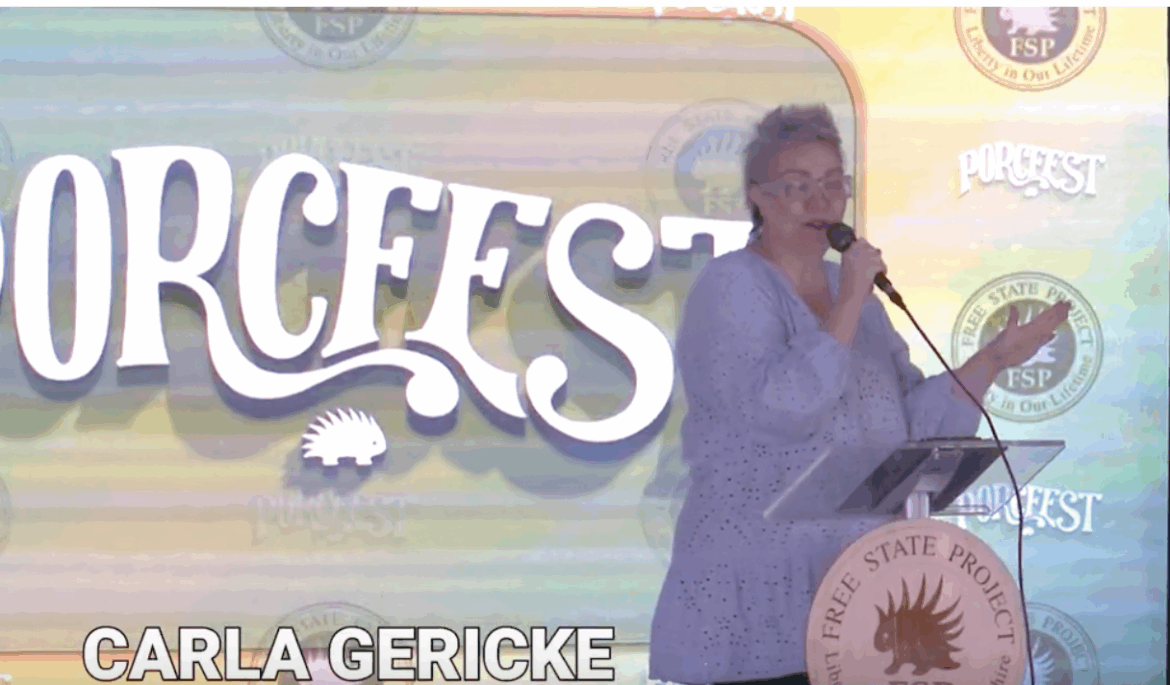Prominent leader of the Free State Project, Carla Gericke gives a talk, “The Good Girl’s Guide to Self-Ownership,” delivered at PorcFest, where she explores the concept of self-ownership by likening each individual to an independent country (1:50). She emphasizes that true liberty begins within oneself, asserting that the dreams of building a libertarian homeland in New Hampshire stem from individual self-ownership (2:05).
Gericke breaks down self-ownership into three core components:
- Body as Infrastructure (6:06): Your body is your homeland. She encourages mindful attention to what is allowed in (food, love) and establishing boundaries. Your immune system is your primary defense (27:37), and managing inflammation is crucial for health. She also highlights the importance of emergency protocols for personal well-being (29:19).
- Mind as Government (29:51): The mind functions as the government of your personal country, with legislative, executive, and judicial branches. She stresses defining your value system (30:09), developing effective decision-making processes (31:12), and being aware of who controls your mind, especially in an age of constant propaganda (33:01). She candidly discusses her personal journey of quitting alcohol to achieve a clearer mind (35:03).
- Soul as Culture/Identity (37:19): This aspect focuses on developing your personal culture, constitution, and national identity. Gericke advocates for embracing the desire to be “good” and striving for wholeness. Key tools for accountability include journaling (39:09), setting goals with quarterly reviews (40:19), monitoring health through blood tests (40:27), and building a strong community network (40:47).
She connects individual self-ownership to broader movements like the Free State Project’s efforts to achieve independence for New Hampshire, highlighting the importance of freedom, decentralization, and unity as guiding principles (42:47). Gericke concludes by reiterating that fostering individual self-determination leads to a more voluntary world where communities can overcome challenges like resource scarcity and instability by banding together as self-owned humans (44:50).
